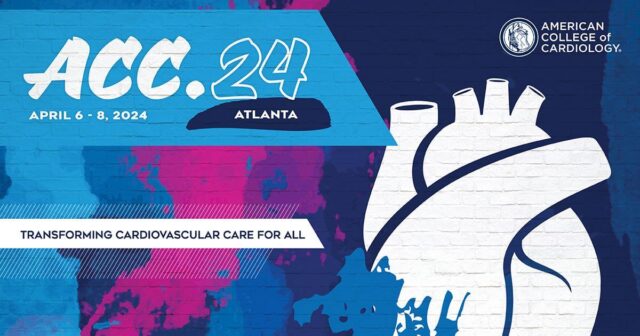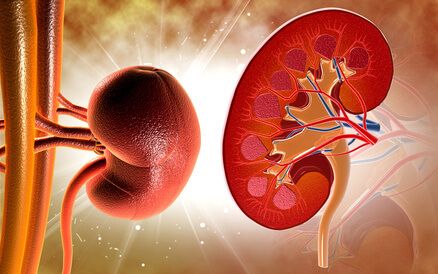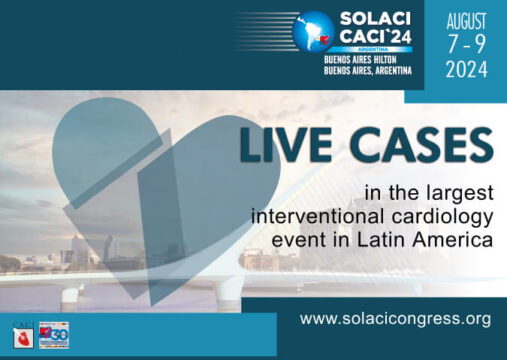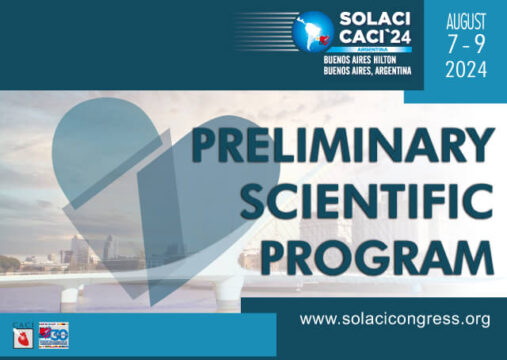Cardiogenic shock will develop in approximately 10% of patients with ST elevated acute MI (STEMI), and unfortunately, only half of these patients will survive.

Researchers have been looking into the Impella system to manage this severe complication. It consists of an aortic transvalvular pump designed to deliver blood from the left ventricle into the systemic circulation. The study hypothesis is that routine use of Impella CP might reduce mortality vs. the aggressive standard treatment for cardiogenic shock in patients with STEMI.
Primary end point was all cause mortality at 180 days. Also, secondary end points were assessed, such as the need for heart transplant, escalation to another mechanical circulatory assisting device in 180 days, and survival days after discharge at 180 days.
Patients included in this study (from Denmark, Germany and UK) had to meet specific criteria, which included STEMI with hypotension and hypoperfusion, left ventricular ejection fraction lower than 45% and be randomized at cardiogenic shock diagnosis. The study excluded patients with Out-of-hospital cardiac arrest with persistent coma, right ventricular failure and mechanical complications.
Read also: ACC 2024 | ULTIMATE-DAPT Trial.
355 patients with cardiogenic shock were included in the study, with mean age 69; 79% were men. Mean time from symptom onset to randomization was 4 hours, with 84% of cardiogenic shock diagnosis done at the cath lab. Other important parameters included median arterial lactate 4.5 mmol/L, systolic blood pressure 82 mmHg and estimated mean ejection fraction 25%. Most patients (55%) were in SCAI stage C, while the rest were in stages D and E. Also, 72% of patients presented anterior descending or right coronary compromise, and a similar percentage (72%) had multivessel disease.
As regards the primary end point, there was absolute reduction of 13% in mortality when using the Impella with the standard treatment vs. standard treatment alone. When looking at secondary outcomes, there was also lower escalation of therapies or death at 180 days (HR 0.72, CI 95%). In terms of hospital stay, Impella patients had stay 8 day shorter mean hospital than those receiving standard treatment alone.
Also worth mentioning, the use of Impella was also associated with increased adverse events, including higher rate of bleeding (21.8% vs. 11.9%), limb ischemia (5.6% vs. 1.1%), need for renal replacement therapy (41.9% vs. 26.7%), stroke (3.9% vs. 2.3%) and sepsis (11.7% vs. 4.5%).
Read also: ACC 2024 | RELIEVE-HF.
Authors’ conclusion; the routing use of Impella in patients with STEMI and cardiogenic shock reduced all-cause mortality vs. standard medical treatment. However, this benefit came together with increased adverse events. We should take into account that these outcomes might not be applicable to other causes behind cardiogenic shock, such as outpatient cardiac arrest, non-STEMI, and non-ischemic cardiogenic shock.

Dr. Omar Tupayachi.
Member of the Editorial Board of SOLACI.org.
Original Title: Bomba de flujo transvalvular microaxi percutánea (IMPELLA) en shock cardiogénico.
Reference: Presentado por Dr. Jacob Eifer Møller en ACC.24 Late-Breaking Clinical Trials, 6-8 de abril, Atlanta.
Subscribe to our weekly newsletter
Get the latest scientific articles on interventional cardiology





